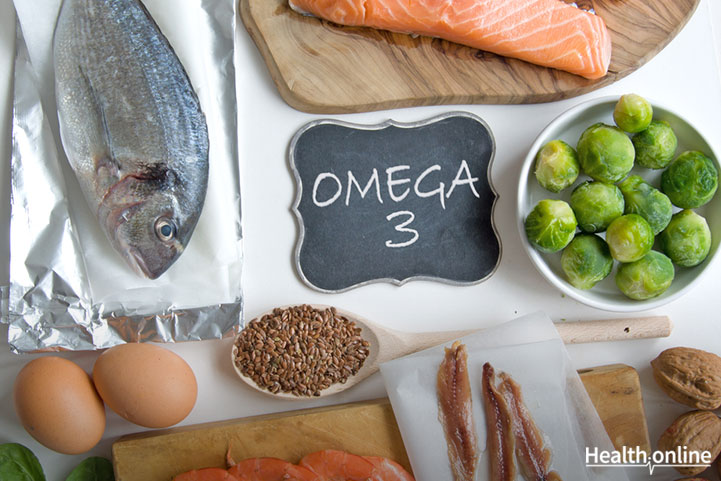
Importance of Omega-3 During Pregnancy
The nutritional needs of a woman during pregnancy are very different from normal nutritional requirements. The human body requires essential fatty acids for its optimum functioning, and this requirement increases substantially for pregnant women. This is because pregnant women need to provide nutrition for themselves as well as for their fetus.
What are Omega 3 fatty acids?
Omega 3 fatty acids are essential fatty acids. Eicosapentaenoic acid (EPA) and docosahexaenoic acid (DHA) are the most active in this group. They form a part of long-chain Omega-3 PUFA (Poly Unsaturated Fatty Acids). Omega 3 fatty acids are “essential” because they are not synthesized in the body and are required to be supplemented externally.
Eicosapentaenoic acid (EPA) and docosahexaenoic acid (DHA) have unique properties and functions. EPA is beneficial for the cardiovascular system and immunity, while DHA is essential for the brain, central nervous system, and retina. These fatty acids regulate the synthesis of prostaglandins, which are necessary for the functioning of the heart, for raising inflammatory response, for the transmission of nerve signals, and for producing hormones. A deficiency of omega-3 fatty acids increases the risk of osteoarthritis, diabetes mellitus type 2, and cardiovascular diseases.
Why are Omega-3 fatty acids necessary during pregnancy?
Considering the multiple functions of the eicosapentaenoic acid (EPA) and docosahexaenoic acid (DHA), it is understandable that their need increases during pregnancy. They are very important for the fetal brain growth. A fetus that had low exposure to these essential fatty acids may have subnormal cognitive development and behavioral deficits. These essential fatty acids also aid in the development of the retina and directly influence the visual system. Visual deficits become common in children with Omega-3 fatty acids deficiency.
Omega-3 fatty acids help in maintaining prostaglandin balance and reduce the incidence of preterm labor. Postpartum depression is said to be lesser in women with optimum eicosapentaenoic acid (EPA) and docosahexaenoic acid (DHA). Omega-3 fatty acids are necessary during lactation as well for the psychomotor development of the child. They also reduce the risk of allergies in both the mother and the child.
Sources and consumption of Omega-3 fatty acids
The richest source of Omega-3 fatty acids is seafood , especially fish. Fish oil supplements are also widely available. Flax seed oil also have Omega 3 fatty acids in them. Standard guidelines recommend consuming 200 milligrams of DHA per day for optimum outcomes in pregnancy and child health. The US FDA and the Environmental Protection Agency (EPA) advise that this consumption can be reached by consuming a minimum of one serving of seafood per week.
What are the challenges in consuming seafood?
Mercury is a common contaminant in seafood. Therefore, if seafood is consumed in large quantities, it becomes neurotoxic for the fetus. This can be counteracted by consuming fishes with smaller lifespan and lesser tissue, like salmon. This is because the concentration of mercury will be lesser in these fishes compared to larger fishes with a longer life span, like a shark. Also, fish oil capsules do not have mercury in them and therefore are good sources of Omega-3 fatty acids.
If you are pregnant , then you need to see how much eicosapentaenoic acid (EPA) and docosahexaenoic acid (DHA) you consume. If you feel that it is lesser than the recommended guidelines, then talk to your doctor about starting a supplement, like fish oil capsules. This would ensure good health for your child and you.




